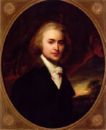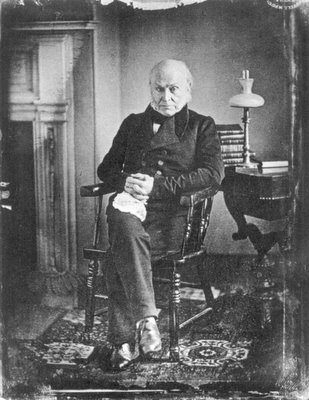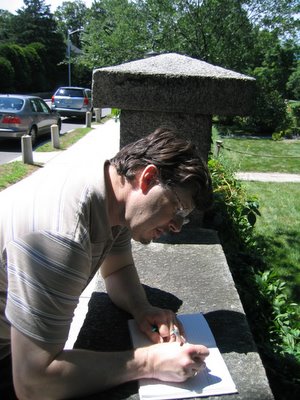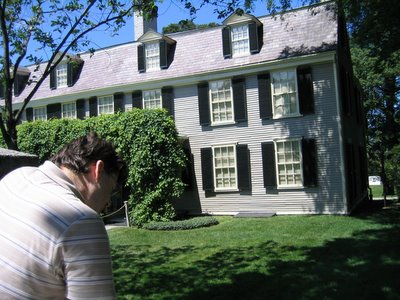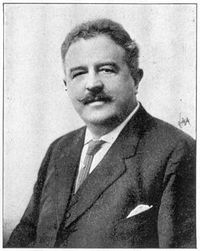
He was one of the greats of the late 19th and early 20th century..He was a performer, composer, arranger, conductor and so much more. He was a composer of operettas and you could go no where with out hearing his music somewhere being played. If you have seen the Laurel and Hardy movie "babes in toyland" that was the music and the play done by Victor Herbert.
He was a big man, and was a strong fan of Pilsener beer...He would talk for a week about a keg of Pilsener. He was always dressed in best clothes and was always happy to be seen. He also loved to sit with a bottle of whiskey before him. He was know to be one of the greatest of drinkers and never showing that he had been for hours.....He always had the fanciest cars, speedboats, and women.
In his later years he weighed in at around 250 pounds and he lived to eat..Eating was one of the greatest of moments to him...We often hear about his music but I thought I would talk more about the man...Let's look at some of his favorite dishes.
One of his favorite restaurants was called Luchow's on 14th and near 4th Avenue in New York City...In 1931 Victor Eckstein who was the manager of the restaurant recalled the dishes Herbert loved.....
" Herbert was a connoisseur of foods-mostly German foods-and while he was a large eater, he was an appreciative one. Favorite dishes...Boiled beef with horse radish sauce and wine kraut. Wine kraut is sauerkraut steamed with Rhine wine, very marvelous. Veal chops au natural. This is just fried in butter and not a bread crumb touches it. Ragout of tenderloin beef and fresh mushrooms. Weiner Rostbratten. Fried over a charcoal fire with horse radish, onions, and potatoes spread over it. Hamburger steak composed of chopped fresh beef, onions, and marrow fried in butter Herbert liked it medium rare." All I see is everything is cooked in butter...Fish, fowl, beef, pork, shellfish all cooked in lots of butter. He basically ate his way to his grave....Ah but what a great time he had doing it!
He was a member of the Friars, Lambs and other theatrical groups. He wrote the music for the anthem of the Friars club. Still played to this day, but rarely does anyone know who wrote it. He wrote such songs as "Kiss me Again", "In old New York", "Ah sweet mystery of life", "March of the wooden soldiers" and dozens of operettas.
He was the director of artists and music for the Edison Company till 1912. After that he went to the Victor Talking Machine Company. He recorded many selections for the Victor Company. He was an accomplished cellist..Made recordings playing the cello. he even made some suggestions to George Gershwin on his piece "Rhapsody in blue" in 1924.
The Victor Herbert Orchestra performed everywhere.....His operattas were performed everywhere to great success...He was was the king...
Then he went to the Lambs club for lunch on May 27, 1924..Had a lunch stating that he could eat nails...and left. He suddenly felt ill..He went to his home on 300 W. 108 Street..but felt no better there...Called his doctor, Dr Emanuel Baruch at 57 E. 57th Street...Walked into to the doctors office and dropped dead!
Now there is a bit more to the story his body was brought outside after he died and it was stated that he had died outside the office. The doctor thought it was bad publicity to have Victor Herbert die in his office, so he was brought outside and it was announced that that Herbert collapsed on the stairs going to the doctors office.
He died as he lived ....... Fast


